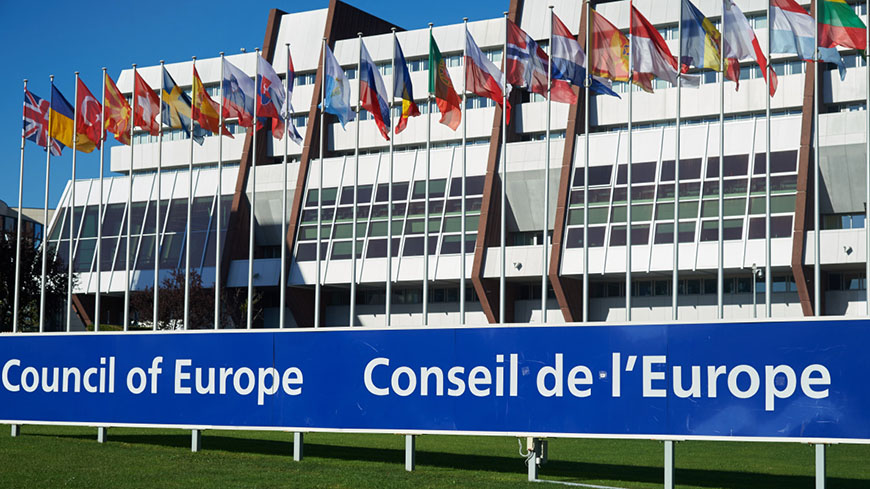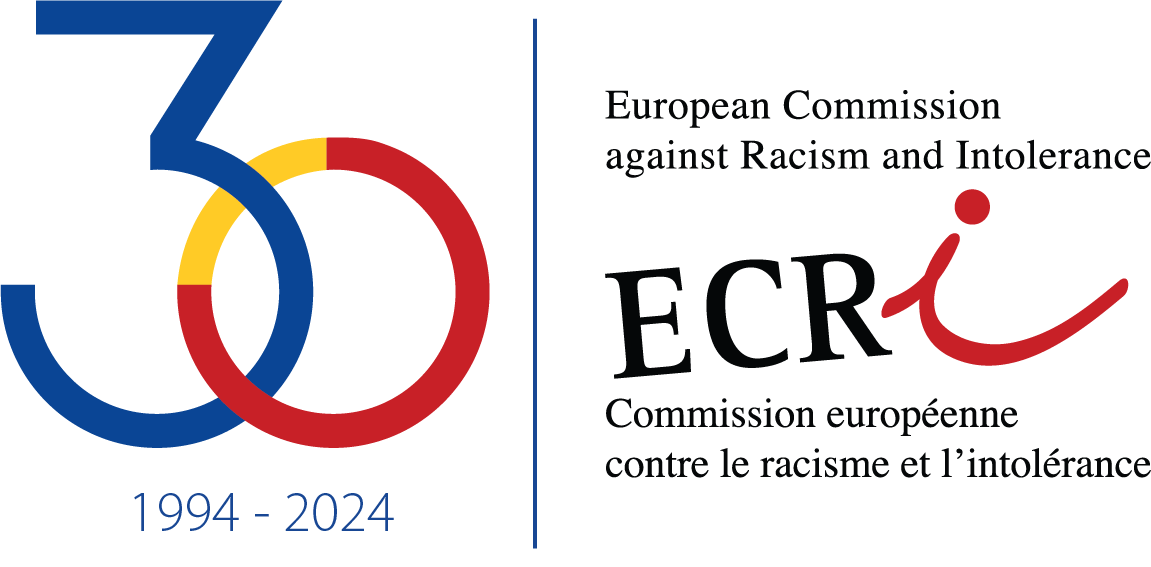The European Commission against Racism and Intolerance (ECRI) published today an assessment of the implementation of the priority recommendations addressed to the Czech Republic and the Slovak Republic in 2020.
As regards the Czech Republic, ECRI finds that the authorities have only partially implemented its recommendation to develop a national strategy to address areas of intolerance and discrimination against LGBTI persons and that they have not yet implemented its recommendation to eradicate the segregation of Roma children in schools in practice.
The authorities have made attempts in their policies to eradicate the segregation of Roma children in schools and have allocated some financial resources to resolve the problem. However, this has not yet resulted in any substantial changes on the ground. ECRI notes that the Czech authorities have worked on a draft comprehensive strategy on LGBTI equality, which has not yet been adopted.
As concerns the Slovak Republic, ECRI concludes that the authorities have not yet implemented its recommendation to develop an action plan for LGBTI persons and have only partly implemented its recommendation to provide compulsory pre-school education to young children, including in municipalities with a considerable proportion of Roma children.
In its conclusions, it notes the persistent failure to adopt an action plan and related legislation aimed at enhancing LGBTI equality. In this connection, ECRI highlights that the attack of 12 October 2022 in Bratislava, which resulted in the death of two LGBTI persons, has been considered at the highest political level as the result of the long-term use of anti-LGBTI hate speech in political discourse.
Concerning the second recommendation, ECRI notes that kindergarten attendance has become compulsory for all children who have reached the age of five and that measures to increase pre-school attendance are planned. Nevertheless, it underlines that Roma children continue to suffer from the consequences of the current insufficient capacities of kindergartens, the lack of proper territorial coverage, understaffing and persisting segregation, especially in smaller towns.
These conclusions are based on government responses and information gathered from other sources. They concern only ECRI’s priority recommendations and do not aim at providing a comprehensive analysis of all developments in the fight against racism and intolerance in the countries concerned.




